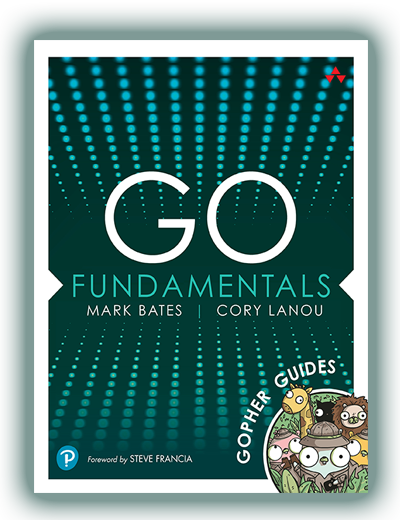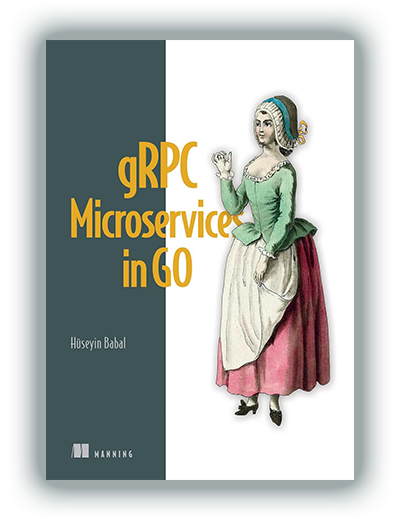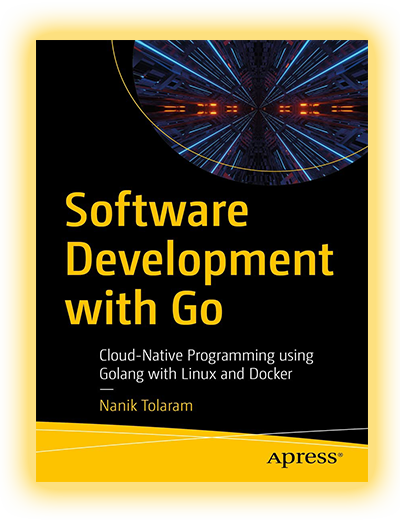Debugging is an essential part of every Go developer’s life. The sooner you learn to do it professionally, the faster your code becomes reliable, predictable, and scalable. The book "Foundations of Debugging for Golang" by Matt Boyle is not just a basic manual on fixing bugs - it’s a systematic approach to finding, diagnosing, and preventing issues in Go applications.
The author explains how to work effectively with debugging tools, logs, profilers, and tests. This publication covers everything - from code structure to advanced performance analysis techniques. We recommend downloading "Foundations of Debugging for Golang" in PDF for free to stop wasting hours on fruitless edits and start finding root causes quickly. It’s a practical compass for daily Go development.
Who is "Foundations of Debugging for Golang" for?
This guide targets developers working with Go and is designed for those who face real-world issues involving logic, performance, concurrency, and unpredictable behavior.
- Junior Go developers - will build the right debugging mindset from the start.
- Mid- and Senior-level engineers - will gain structured approaches applicable to production.
- Tech leads and team leads - can apply the book’s techniques to improve team code quality.
- Developers switching from other languages - will learn how Go’s debugging ecosystem works.
- DevOps professionals - will understand how logs and monitoring tie into the codebase.
What knowledge will you gain from this Go guide?
By the end of this book, you’ll master not just debugging tools but also the mindset required to analyze Go issues effectively. You will learn:
- Debugging architecture in Go. Understand what’s under the hood - stacks, goroutines, memory allocators.
- Working with logs and traces. Learn to create readable logs and use trace files.
- Profiling and diagnostics tools. Includes pprof, Delve, runtime/trace, and more.
- Error reproduction strategies. Discover how to diagnose bugs that appear randomly or under load.
- Structural debugging techniques. Covers hypothesis testing, scenario minimization, and clean code decomposition.
How is this material applied in practice?
Debugging is not a phase - it’s a continuous process for maintaining any production codebase. After reading this book, you’ll be able to:
- Quickly localize and fix bugs in microservices
- Analyze crashes and deadlocks in concurrent programs
- Use profilers to detect memory leaks and CPU bottlenecks
- Improve code quality through logging, testing, and alerting
- Integrate debugging tools into your CI/CD pipeline
More About the Author of the Book
The Developer's Opinion About the Book
I often see developers - especially beginners - waste hours guessing what’s wrong instead of debugging systematically. Matt Boyle’s book is a practical answer to the question: “How do I debug Go applications properly?” It avoids jargon and presents techniques in the way real engineers talk at work. I personally found the structured explanation of unstable bug reproduction techniques and the use of trace/pprof incredibly valuable. The only drawback is limited coverage of distributed system debugging and observability stack integration. That said, the book is well-balanced and easy to read. It works both as a study guide and a reliable desktop reference.
Emily Carter, Backend Developer (Golang Specialist)
FAQ for "Foundations of Debugging for Golang"
1. Is this book suitable for beginner developers?
Yes, Matt Boyle explains all tools and concepts clearly. While debugging can be complex, the book’s content is well-adapted for those new to Go. The author provides code examples, comments, and diagrams to illustrate how each tool or technique works in real situations.
2. Does it cover concurrency and data race issues?
Yes, the book includes an entire section on debugging concurrent programs. It explains how to use the -race flag, how to detect deadlocks, and which patterns help avoid issues in multithreaded code. This is especially important in Go, where goroutines are widely used.
3. Are there real-world tool examples in the guide?
Absolutely. The book covers Delve, pprof, trace, go tool compile, runtime/debug, and more. Each tool is not just described - the author walks you through use cases, expected outputs, and how to interpret results in practical scenarios.
4. Does it use testing-based debugging approaches?
Yes. The book explores TDD, unit testing, and asserts as methods for debugging. It shows how to write minimal tests to capture and localize issues. This approach helps not only in fixing but also in preventing future bugs.
Information
| Author: | Matt Boyle | Language: | English |
| Publisher: | Independently published | ISBN-13: | 979-8327251601 |
| Publication Date: | July 1, 2024 | ISBN-10: | - |
| Print Length: | 174 pages | Category: | Golang Books |
Get PDF version of "Foundations of Debugging for Golang" by Matt Boyle
Support the project!
At CodersGuild, we believe everyone deserves free access to quality programming books. Your support helps us keep this resource online add new titles.
If our site helped you — consider buying us a coffee. It means more than you think. 🙌

You can read "Foundations of Debugging for Golang" online right now!
Read book online* →*The book is taken from free sources and is presented for informational purposes only. The contents of the book are the intellectual property of the author and express his views. After reading, we insist on purchasing the official publication on Amazon!
If posting this book in PDF for review violates your rules, please write to us by email admin@codersguild.net




